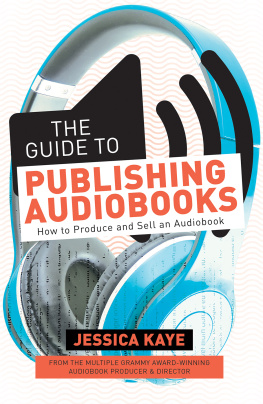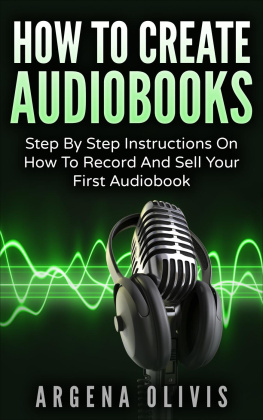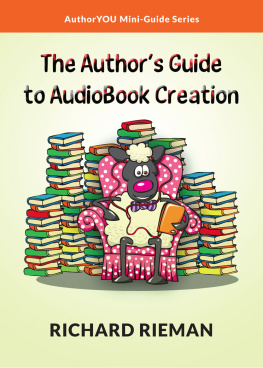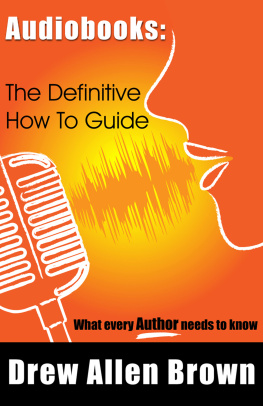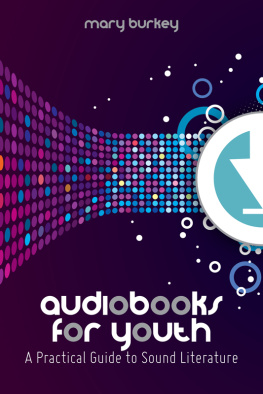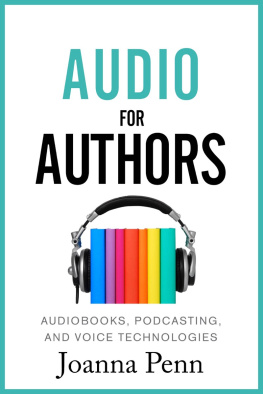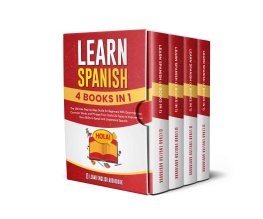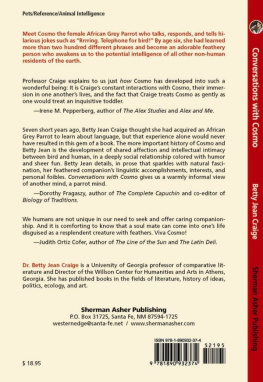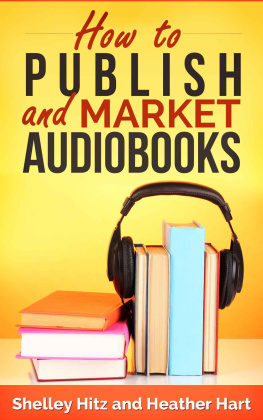THE GUIDE TO
PUBLISHING AUDIOBOOKS
How to Produce and Sell an Audiobook
JESSICA KAYE
FROM THE MULTIPLE GRAMMY AWARD-WINNING AUDIOBOOK DIRECTOR & PRODUCER

Praise for The Guide to Publishing Audiobooks and author Jessica Kaye
Want your voice to be heard? Then start by reading (or listening to) this book. Jessica Kayes 6 Rules of Audiobook Publishing will make your recordings sound better and reach more listeners. Matthew Rubery, author of The Untold Story of the Talking Book.
Jessica Kaye is the best of the best. She was with me syllable for syllable as I read my memoirshe laughed when I did, got choked up when we couldnt help it, and told me how to pronounce words Id been saying in my head wrong all these years. Recording with Jessica will always be one of the high points of my career as an author. Im first in line at her studio, hoping to record my next book! Hope Jahren, author of Lab Girl
Thorough! Exhaustive! Accessible! As I read The Guide to Publishing Audiobooks, these three descriptions came to mind from beginning until end. Far more inclusive than a guide, Kaye has, quite simply, produced the audio publishers bible. Pen in one hand, bonhomie in the other, she has managed to tell us everything we must know about what it takes to succeed as an audiobook publisher. Paul Alan Ruben, writer, two-time Grammy-winning audiobook producer, director, and storytelling teacher
Start your audiobook journey off right and increase your chances of success in the market with industry veteran Jessica Kayes comprehensive guide! Michele Cobb, Executive Director, Audio Publishers Association, and publisher of AudioFile Magazine and MMB Media
DEDICATION
To the memory of my parents, Joseph Mitchell Kaye and Miriam Diana Kaye, who infused our home with books and recordings and who, like me, never imagined a career could be made by combining those two things.
TABLE OF CONTENTS
You dont have to be great to start, but you have to start to be great.
ZIG ZIGLAR, QUOTING HIS FRIEND AND FELLOW MOTIVATIONAL SPEAKER JOE SABAH
Disclaimer: The contents of this book are intended to convey general information and are not intended to provide you with legal advice or a legal opinion for any particular circumstance or as to any specific facts. Information made available in this book should be used only as a starting point for identifying possible legal issues.
If you need legal advice, please contact an attorney directly.
INTRODUCTION
Why This Guidebook?
Hi, Im Jessica Kaye and I will be your tour guide through the landscape of audiobooks. My audiobook credentials are several decades long, from my introduction to the medium in a UCLA Extension class on record production in the 1980s, in which Nick Venet, the enthusiastic music record producer who taught the class, told the students that spoken word was the coming thing; to my work as an in-house attorney for an entertainment company that produced films, television mini-series, and audiobooks; to my own audiobook publishing company, The Publishing Mills, which received two Grammy nominations, including one win; to my current work as an attorney for numerous people in the audiobook industry and my continuing presence in the industry as a producer and director, resulting in more Grammy nominations and wins. In addition, I founded and own an audiobook distribution company, Big Happy Family, LLC, which provides audiobooks to digital retailers and libraries. This is not a humble autobiography but it does provide my bona fides, so that you can rest assured you are going to learn a lot from this book.
In the coming chapters, you will absorb information about how to determine whether any particular book is suitable for publishing in audio; a little about the history of the industry; how to acquire audio rights; how to decipher contracts; how to buy and sell rights if you control them; the keys to a quality-sounding audiobook; the nuts and bolts of making audiobooks; what to know about distribution, and a few legal matters impacting your publishing program. I will also confide my Six Rules of Audiobook Publishing.
There is a lot to learn, but please dont let it faze you. Once you have been working with audiobooks for a while, much of it will become almost instinctive, just as does any skill set you acquire. You will find your own way of doing things, some of which may be different from how I do things. Thats part of what gives different publishers their different company personalities.
That will come in time. For now, whether you are a self-published author wanting to get your book in front of more prospective fans, a narrator interested in becoming a publisher, or an independent publisher contemplating developing or growing an audiobook line, this guide will serve as your starter manual in this flourishing area of publishing, and it can continue to be a reference book for you to reread as you come up against new circumstances over the course of your newor renewedcareer in publishing audiobooks.
CHAPTER 1
Why Produce Audiobooks?
At the time of this books original publication in 2019, every year for the past six years, audiobook sales have been on an upward trajectory. They continue to be a bright spot in publishing, even as other areas slow down. The 2017 sales survey results released by the Audio Publishers Association, or APA, of which you will hear more later in the book, showed a 22.7 percent increase in audiobook revenue over the previous year, with an increase of 21.5 percent in units sold.
Audiobooks have made such an impact in their visibility that The British Library in London had an exhibit titled Listen: 140 Years of Recorded Sound that ran from October 6, 2017, through May 13, 2018. It was not about the spoken word alone, but that was a part of it.
So here you are, at the cusp of rising sales and increased publicity for the very thing you were thinking would be a smart addition to your business. Luck is what happens when preparation meets opportunity, according to some interpretations of the words of the ancient Roman Seneca. Echoing those thoughts centuries later, Branch Rickey has been oft quoted as saying, Luck is the residue of hard work and design. Being in the right place at the right time is a more prosaic way of saying something similar. Those words apply to you, today.
WHY MORE AND MORE TRADITIONAL PUBLISHERS LOVE AUDIO
The major publishing houses have been including audiobooks in their publishing programs for decades. The market has grown from the days of fighting for acceptance and shelf space in bookstores in the 1980s to being an economic bright spot in the industry today. As sales and awareness of audiobooks grow, many of the non-major (by which I mean revenue, not quality of books) traditional publishers (by which I mean publishers who read and edit and publish books in the old-fashioned way, typically by offering an advance against a royalty or, if no advance, a royalty from dollar one, i.e. from the first revenue received) have begun either producing audiobooks or licensing the audio rights they hold to third parties. The difference between these two choices is significant, but both can bring revenue and value to the publishers catalog. Producing audiobooks for sale still carries many of the same risks as publishing books because of the attendant costs of production, whereas licensing audio rights to third parties brings in revenue without any corresponding hard costs.

